
The internet is designed to take your money, and it’s doing a fantastic job. Not through obvious scams, but through everyday behaviors that seem completely innocent. You think you’re just browsing or being efficient. Meanwhile, your bank account is getting quietly demolished by habits you’ve normalized. Spotting these patterns early gives you a clear advantage. So, read on to learn 20 online habits that cost you more than you realize.
Auto-Renewing Subscriptions You Forgot About
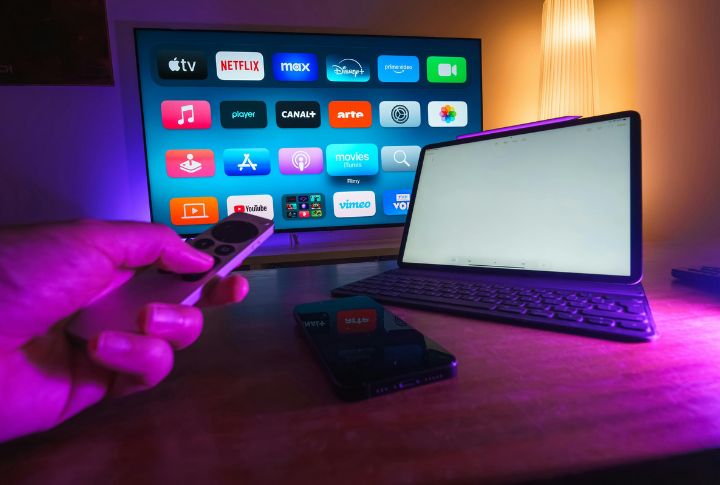
Ever notice those mystery charges lurking on your statement? They’re probably subscriptions you signed up for months ago and completely forgot about. Between streaming services, app memberships, and forgotten trials, these auto-renewals silently drain your account month after month, thereby adding up to serious money you could be saving instead.
Using Saved Credit Cards Everywhere
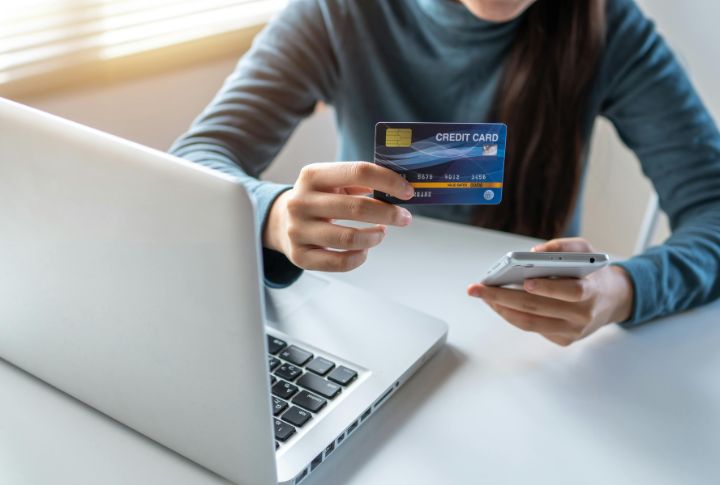
Saved credit cards turn convenience into financial vulnerability. Every website that stores your payment info becomes a potential breach point. When hackers inevitably strike, they access everything needed to drain accounts and rack up charges. Those seconds you saved at checkout might cost you hours disputing fraud and recovering stolen funds.
Ignoring Price Comparisons Before Buying
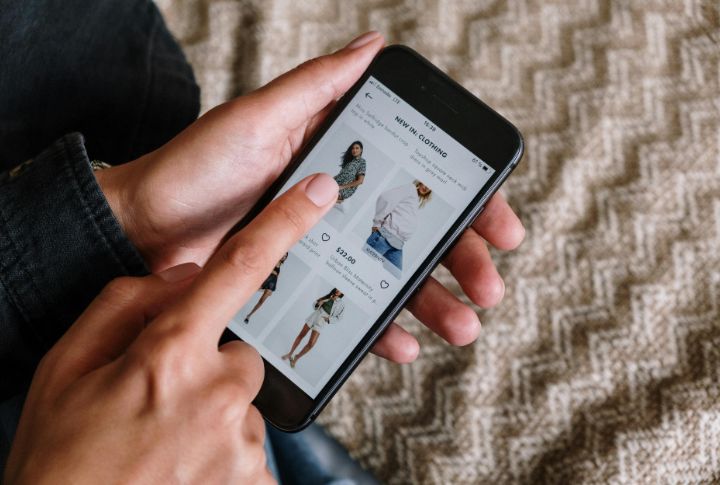
You see it, you want it, you buy it—without checking if it’s cheaper somewhere else. That’s exactly what online retailers count on. They know most shoppers won’t take thirty seconds to compare prices, so they mark up identical products knowing you’ll bite. Meanwhile, you’re overpaying for convenience you didn’t even need.
Shopping Without Using Cash-Back Or Coupon Extensions

One purchase, a few dollars missed. Another purchase, more savings gone. Every transaction without cash-back extensions means more missed opportunities to save. These aren’t exotic deals requiring effort—they’re automatic discounts you’re simply not collecting because the tool isn’t installed on your browser.
Falling For “Limited Time” Online Offers

Countdown clocks and fake urgency are manipulating you. Those “limited time” offers trigger your fear of missing out and push you to buy before thinking it through. The harsh truth? Most of these deals do not actually end. They’re recycled constantly, thereby making your urgent purchase completely unnecessary.
Falling For Fake Investment Ads Or Influencer Scams
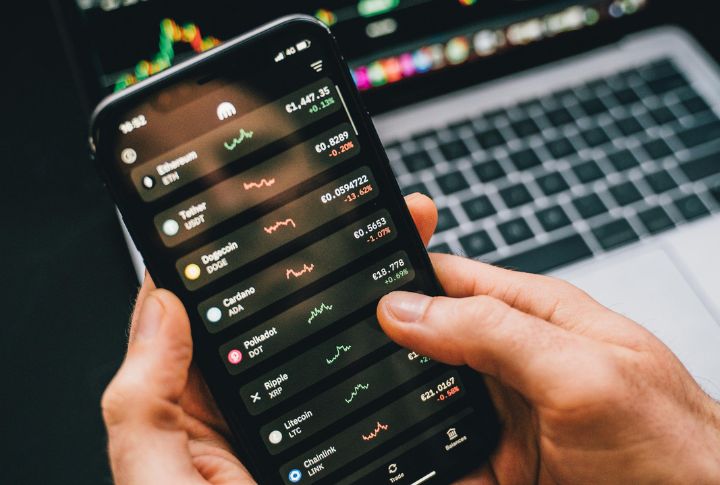
Celebrity endorsements and impressive testimonials flood your feed and promise life-changing returns from cryptocurrency or trading platforms. However, behind the polished videos, scammers lurk, using fake proof and manipulated success stories. Victims lose thousands chasing impossible gains, only to discover too late that the entire operation was an elaborate fraud.
Ignoring Unsubscribed Emails That Still Charge You

Unsubscribing from emails doesn’t cancel your paid subscription—but most people assume it does. Companies keep billing your card even after you’ve stopped their messages, quietly draining your account month after month. By the time you notice the charges, you’ve already paid for months of services you thought you’d canceled.
Over-Sharing Personal Data On “Free” Platforms

Your personal information has a price tag, even if you never see the bill. “Free” platforms harvest every detail you provide, selling it to advertisers and data brokers. The cost? Relentless targeted marketing, privacy violations, and increased vulnerability to scams that drain bank accounts faster than any subscription ever could.
Using Public Wi-Fi For Online Banking
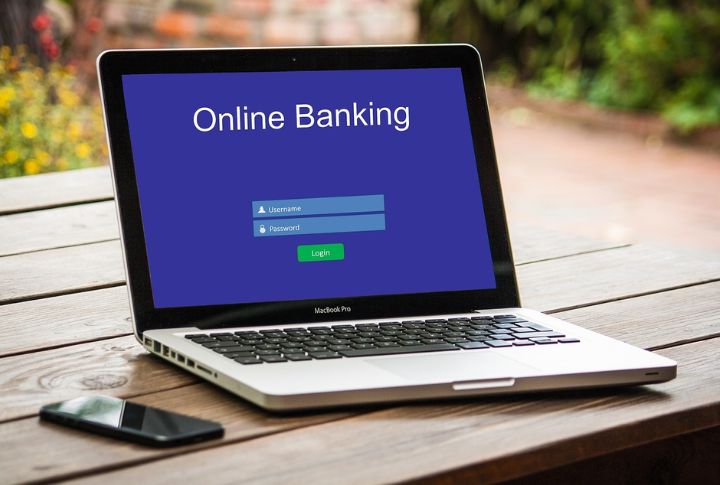
Never, ever check your bank account on public Wi-Fi. Unsecured networks send your login details over the airwaves for anyone nearby to intercept—and hackers are always on the lookout. Every password and security answer travels openly through the air, giving criminals everything needed to drain your accounts before you’ve even logged out.
Clicking “Accept All Cookies” Without Reading

That quick “Accept All Cookies” click might seem harmless, but it opens a cascading trap of consequences. What starts as simple website tracking escalates into detailed personal profiles, as companies monitor your every click. Soon, those seemingly innocent targeted ads exploit your shopping patterns and manipulate prices while your private data is traded around like currency.
Downloading “Free” Browser Extensions Or Apps

Free browser extensions aren’t actually free—you’re paying with your personal data. Many secretly track every website you visit and sell your information to advertisers. Some even contain malware that steals banking details. That convenient little tool could be costing you privacy and money.
Using “Easy Login” Through Social Media Accounts

Sure, “Login with Facebook” saves time, but here’s what you’re actually doing: giving every app access to your personal info. Even worse? If someone hacks your Facebook, they’ve instantly unlocked every account connected to it. One breach suddenly becomes ten breaches.
Following “TikTok Made Me Buy It” Trends
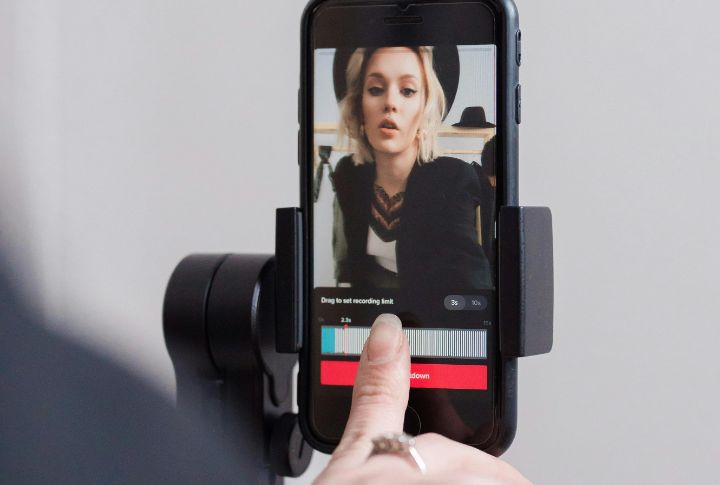
We’ve all seen something go viral and immediately hit purchase. But here’s the truth: brands orchestrate such trends through paid partnerships and strategic hashtags. What feels like organic discovery is actually calculated marketing. You’re buying overpriced products that rarely work as advertised, emptying your wallet for internet validation.
Over-Relying On “Buy Now, Pay Later” Apps

Nobody warns you that these apps multiply like rabbits. One innocent purchase turns into a full-blown payment ecosystem. Now you’re setting phone reminders, checking multiple apps daily, and stressed about missing deadlines. The thing that was supposed to make shopping easier just became your most annoying, unpaid part-time job that costs you money.
Using Weak Or Reused Passwords
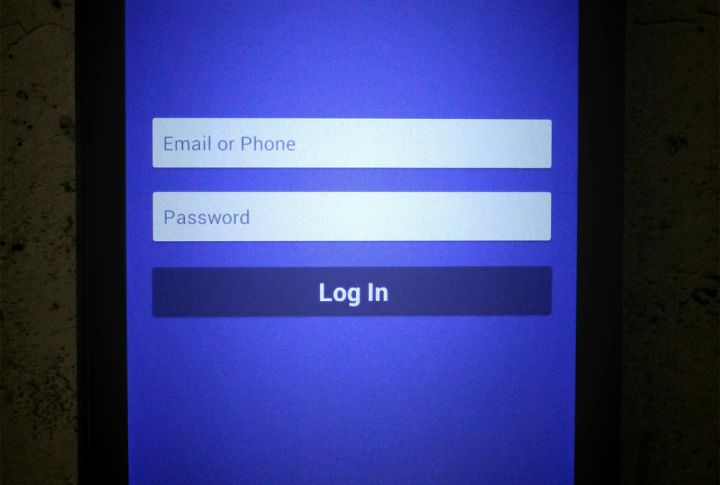
Weak passwords hand out the keys to your bank accounts and personal data. Hackers use automated programs to test stolen passwords across countless sites, and reusing the same one makes it ridiculously easy for them. One successful breach can give them instant access to your entire financial life.
Ignoring App Store Purchase Settings
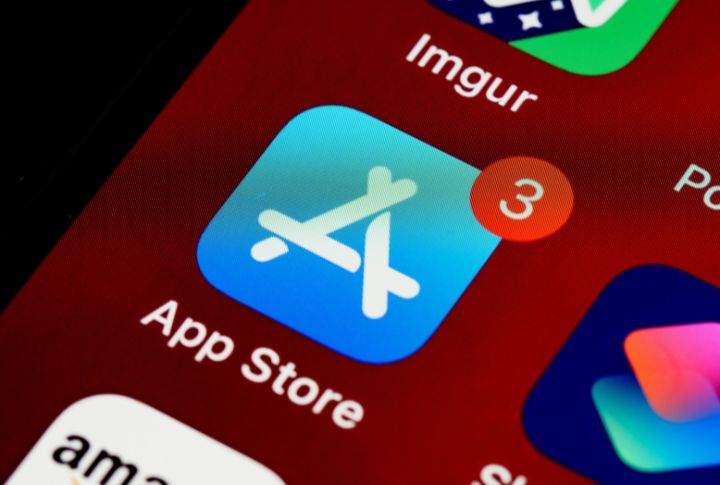
That convenient “buy without password” setting? It’s a loaded gun in your pocket. Anyone using your device—kids, friends, even you during mindless scrolling—can rack up charges instantly. No confirmation, no second thoughts, just money vanishing. Convenience turns expensive when there’s zero barrier between impulse and purchase.
Leaving Digital Carts Full Of Unchecked Items
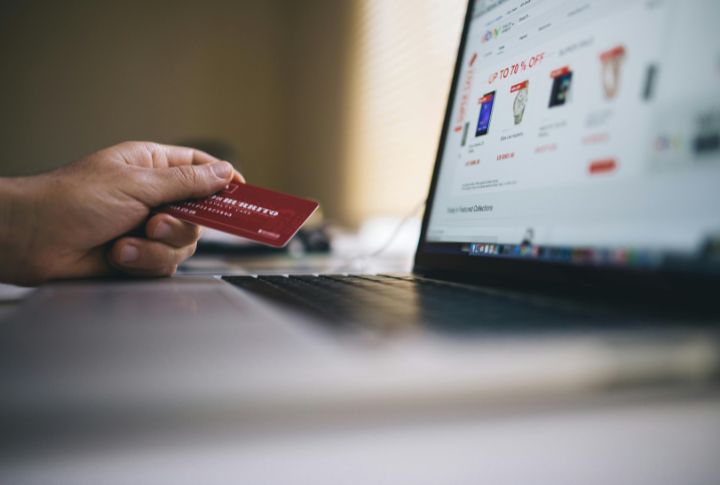
Every item you leave in your cart triggers a marketing assault. Retailers send urgent emails, display those products across every website you visit, and create fake scarcity warnings. This constant bombardment wears you down until you finally buy things you’d already decided you didn’t need or want.
Not Reading The Fine Print In Online Deals
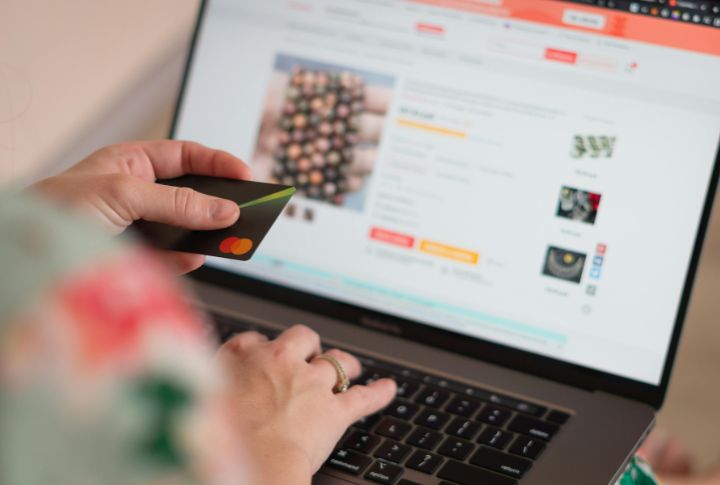
Skipping fine print means missing critical information about what you’re actually buying. Behind that offer are automatic renewals and tricky cancellation terms you didn’t sign up for. By the time unexpected charges hit your account, you have spent far more than you saved initially.
Ignoring Data Breach Notifications
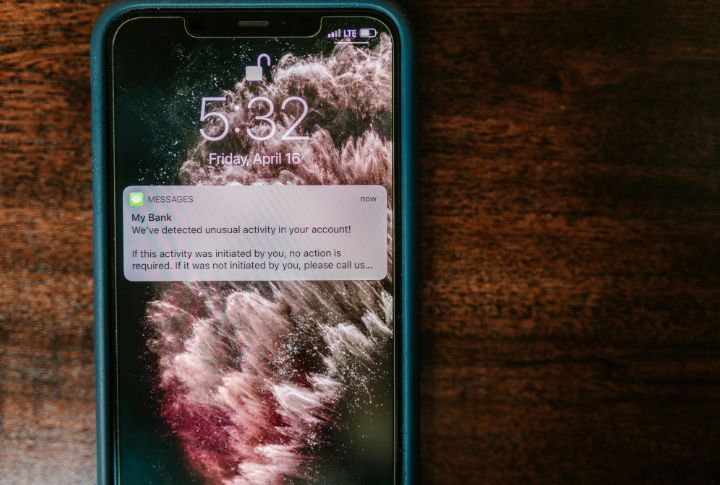
That data breach email you deleted? Big mistake. Hackers now have your information, and they’re actively trying to break into your accounts. Ignoring breach notifications gives criminals free rein to drain bank accounts and steal your identity while you remain blissfully unaware.
Falling For “Free Trial, Just Pay Shipping” Offers

No legitimate free offer needs your credit card up front. When they ask for “just shipping,” they’re really enrolling you in monthly subscriptions. The charges start small, then continue indefinitely because canceling involves jumping through hoops designed to make you quit trying. Your wallet pays the price for “free.”

